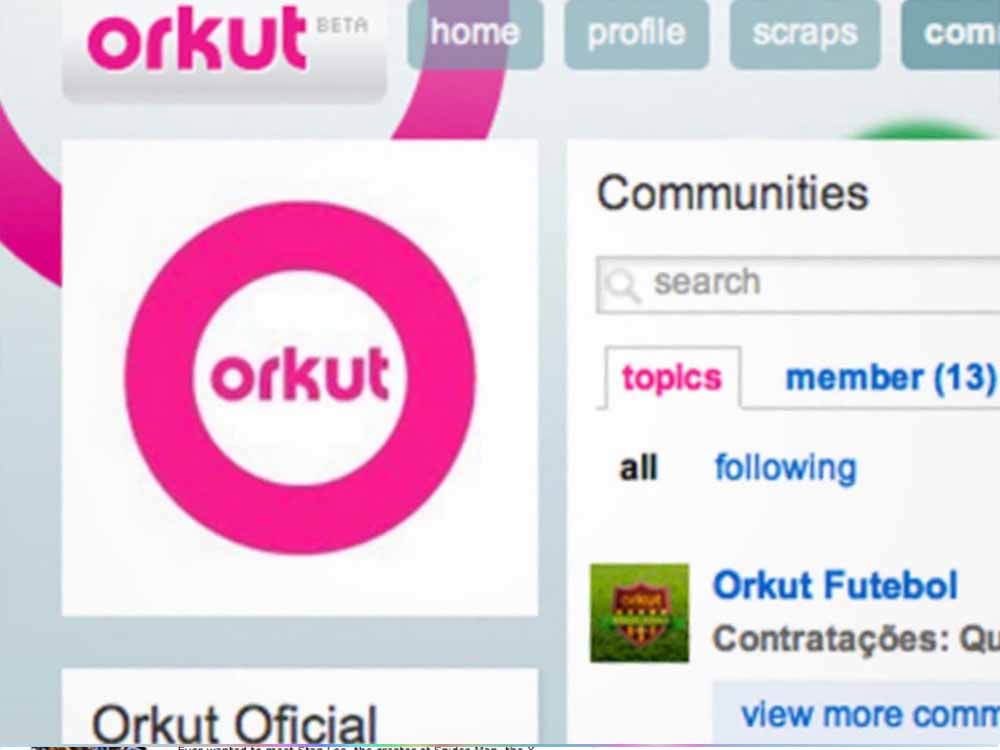Orkut in 2008: Community Building, Cultural Impact, and Social Networking Dynamics
“Orkut,” a social networking platform developed by Google, played a significant role in connecting people and fostering communities in 2008. This exploration delves into key developments, user engagement strategies, cultural impact, and the overall dynamics of Orkut during this pivotal year.
Community-Centric Features and User Interaction
Communities and Group Interaction:
Orkut was renowned for its emphasis on communities, providing users with a space to connect based on shared interests. In 2008, the platform’s diverse array of communities facilitated vibrant discussions, event planning, and the formation of virtual groups.
Scrapbook and Testimonials:
Orkut’s Scrapbook feature allowed users to leave public messages for friends, contributing to a dynamic and interactive profile experience. Additionally, Testimonials provided a means for users to express admiration or friendship, fostering a positive and engaging atmosphere.
Cultural Impact and Regional Dominance
Regional Dominance in Brazil and India:
In 2008, Orkut continued to dominate the social networking scene in specific regions, particularly Brazil and India. The platform’s popularity in these countries influenced cultural trends, online interactions, and the way people connected with each other.
Cultural Exchange and Language Diversity:
Orkut’s global user base facilitated cultural exchange, as users from different backgrounds interacted and shared experiences. The platform’s support for multiple languages contributed to a diverse and inclusive online environment.
Challenges and Business Developments
Competition from Emerging Platforms:
While Orkut enjoyed popularity in specific regions, it faced challenges from emerging global platforms. The rise of competitors, especially in English-speaking markets, posed a threat to Orkut’s global dominance.
Business Strategies and Monetization Attempts:
In response to challenges, Orkut explored various business strategies, including attempts at monetization through advertising. However, the platform struggled to compete with the revenue models of other social networking giants.
Legacy and Nostalgia
Legacy as a Pioneer:
Orkut’s legacy in 2008 lies in its role as a pioneer in the social networking space. The platform’s innovative features, community-centric approach, and regional dominance left an indelible mark on the early landscape of online social interaction.
Nostalgia and Fond Memories:
For many users, Orkut in 2008 evokes a sense of nostalgia and fond memories. The platform’s unique features, cultural impact, and the connections formed within its virtual communities continue to be remembered with nostalgia.
Transition and End of Orkut:
Despite its historical significance, Orkut faced challenges and, eventually, Google announced the discontinuation of the platform in 2014. The closure marked the end of an era for a social networking pioneer that had shaped online interactions for many users.
In conclusion, Orkut in 2008 represented a flourishing online community where people connected, shared, and built virtual spaces based on common interests. Its impact on specific regions, cultural diversity, and community-centric features contributed to its unique identity in the social networking landscape.











